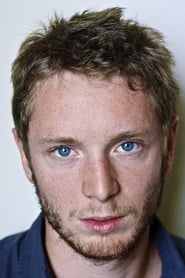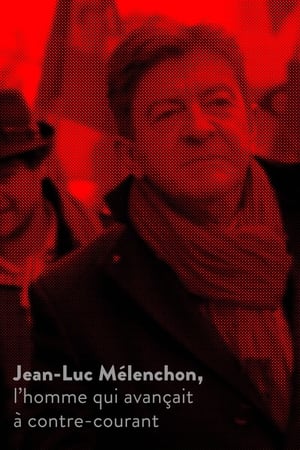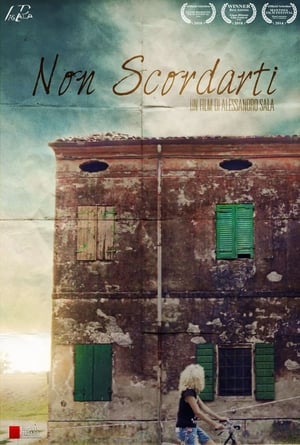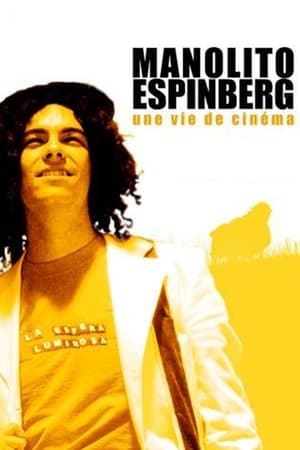

Twenty Show: The Film(2009)
Twenty Show was the first "user generated film", edited from fictional and real video-blogs. A unique experience initiated on the Internet, a mockumentary that paints a generational portrait of young French people in their twenties.


Movie: Twenty Show: The Film
Top 5 Billed Cast
Oumi
Video Trailer Twenty Show: The Film
Similar Movies
 10.0
10.0Smokehouse(en)
A group of friends reunite in the north of Scotland during summer.
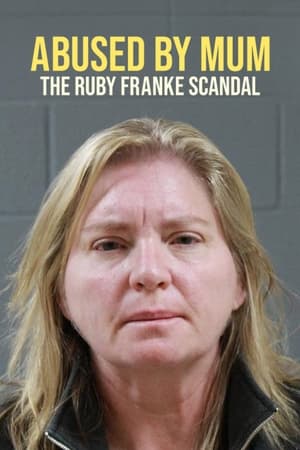 0.0
0.0Abused by Mum: The Ruby Franke Scandal(en)
Ruby Franke's rise as a "momfluencer" with millions of followers hid a nightmare; when her son fled and alerted a neighbor about the abuse, police raided her home, rescuing her children.
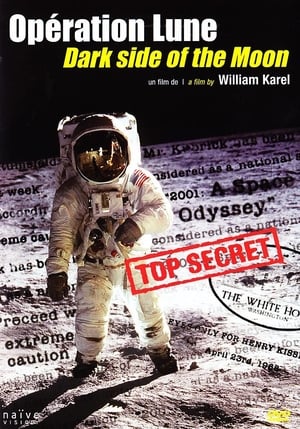 7.0
7.0Dark Side of the Moon(fr)
A French documentary or, one might say more accurately, a mockumentary, by director William Karel which originally aired on Arte in 2002 with the title Opération Lune. The basic premise for the film is the theory that the television footage from the Apollo 11 Moon landing was faked and actually recorded in a studio by the CIA with help from director Stanley Kubrick.
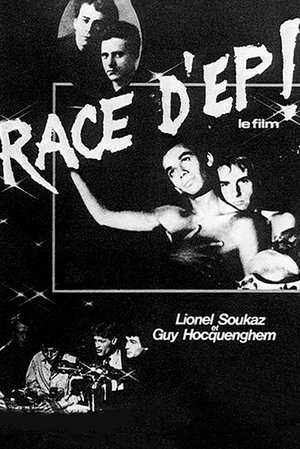 4.8
4.8Race d'Ep!(fr)
"Race d’Ep!" (which literally translates to "Breed of Faggots") was made by the “father of queer theory,” Guy Hocquenghem, in collaboration with radical queer filmmaker and provocateur Lionel Soukaz. The film traces the history of modern homosexuality through the twentieth century, from early sexology and the nudes of Baron von Gloeden to gay liberation and cruising on the streets of Paris. Influenced by the groundbreaking work of Michel Foucault on the history of sexuality and reflecting the revolutionary queer activism of its day, "Race d’Ep!" is a shockingly frank, sex-filled experimental documentary about gay culture emerging from the shadows.
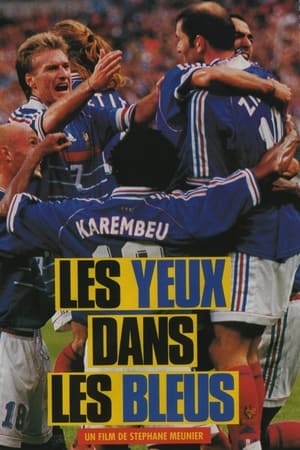 7.4
7.4Les yeux dans les Bleus(fr)
This documentary follows the French soccer team on their way to victory in the 1998 World Cup in France. Stéphane Meunier spent the whole time filming the players, the coach and some other important characters of this victory, giving us a very intimate and nice view of them, as if we were with them.
 10.0
10.0Daedalus(en)
"Fly too high and you will burn, go too low and you won't breathe." Shot in just seven consecutive days during the summer of 2023, it concludes the first volume of Bliss, a playlist of sounds and shapes. Daedalus delves into the perilous dance between striving for something and the suffocating pull of stagnancy. This chaotic structure bridges the warnings and epiphanic thoughts of 20th-century thinkers with the lives of today's dreamers.
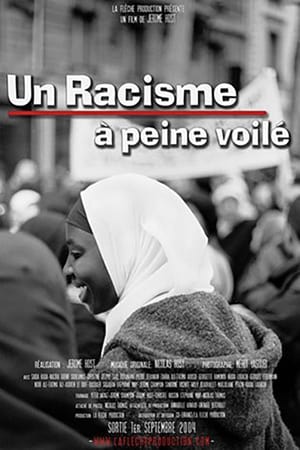 5.2
5.2Un racisme à peine voilé(en)
October 2003, Alma and Lila Levy are excluded from the Lycée Henri Wallon in Aubervilliers solely because they were wearing a headscarf. What follows is a deafening political and media debate, justifying in most cases the exclusion of girls wearing head-scarves to school. February 2004, a law was eventually passed by the National Assembly. "A thinly veiled racism" is about this controversy since the affair of Creil in 1989 (where two schoolgirls were excluded for the same reasons) and attempts to "reveal" that maybe what hides behind is the desire to exclude these girls. This film gives them a voice as well as others - teachers, community activists, feminists, researchers - gathered around the group "A School for You-All" fighting for the repeal of this law they consider sexist and racist ... This movie was censured in Septembre 2004 in France.
 0.0
0.0Le regard de Georges Brassens(fr)
An atypical portrait of singer, songwriter, poet Georges Brassens.
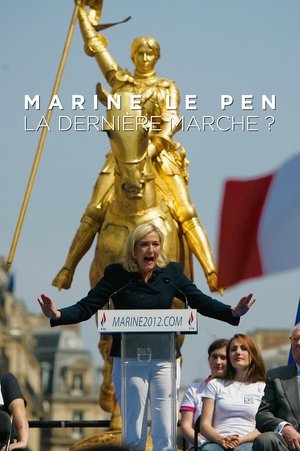 8.0
8.0Marine le Pen - The Last March?(fr)
This film is an uncompromising portrait of a woman who no-one could have imagined in a position of power a few years ago . A look at the woman and, through her, at the party that continuously raises concerns and stirs up the media.
The first is farce(en)
This film is a comment on a current political scenario, where history is in Flux. In a documentary disguise, this film tries to revive faded memories of bygone public figures like Kartar Singh Thatte and other right-wing hardliners... and through the collective memoir, draws a trajectory of a political narrative to understand the 'paradox of tolerance'.
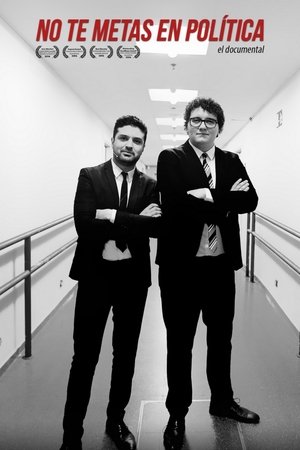 6.5
6.5No te metas en política: el documental(es)
Comedians Facu Díaz and Miguel Maldonado, along with filmmaker Nacho Vigalondo as host, tell the brief story of “No te metas en política,” a Spanish late-night talk show that was broadcast online between 2016 and 2019.
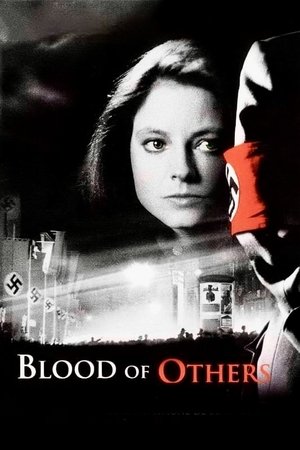 5.0
5.0The Blood of Others(en)
In the German-occupied Paris, Helene is torn between the love for her boyfriend Jean, working for the resistance and the German administrator Bergmann, who will do anything to gain her affection.
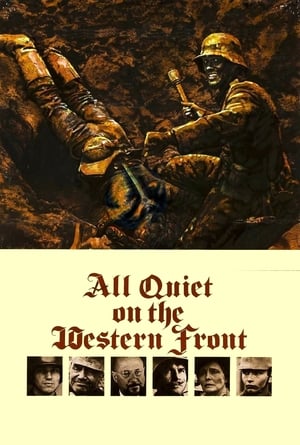 6.7
6.7All Quiet on the Western Front(en)
At the start of World War I, Paul Baumer is a young German patriot, eager to fight. Indoctrinated with propaganda at school, he and his friends eagerly sign up for the army soon after graduation. But when the horrors of war soon become too much to bear, and as his friends die or become gravely wounded, Paul questions the sanity of fighting over a few hundreds yards of war-torn countryside.
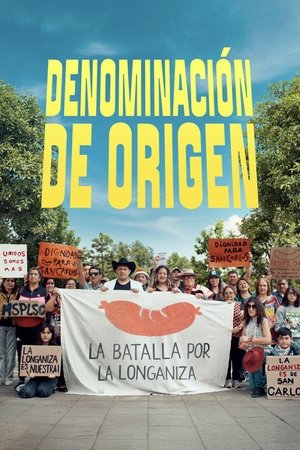 0.0
0.0Designation of Origin(es)
The small town of San Carlos suffers an atrocious injustice: the neighboring city of Chillán snatches from them the prize for the "Best Longaniza in Chile". Faced with this blatant theft, a group of people from San Carlos organizes a powerful social movement, which aims to obtain the precious "Denomination of Origin" for their longaniza sausages, and thus repair the damage and recover the dignity of their beloved town.
 7.0
7.0Land Without Bread(es)
An exploration —manipulated and staged— of life in Las Hurdes, in the province of Cáceres, in Extremadura, Spain, as it was in 1932. Insalubrity, misery and lack of opportunities provoke the emigration of young people and the solitude of those who remain in the desolation of one of the poorest and least developed Spanish regions at that time.
 7.1
7.1The Arrival of a Train at La Ciotat(fr)
A group of people are standing along the platform of a railway station in La Ciotat, waiting for a train. One is seen coming, at some distance, and eventually stops at the platform. Doors of the railway-cars open and attendants help passengers off and on. Popular legend has it that, when this film was shown, the first-night audience fled the café in terror, fearing being run over by the "approaching" train. This legend has since been identified as promotional embellishment, though there is evidence to suggest that people were astounded at the capabilities of the Lumières' cinématographe.


